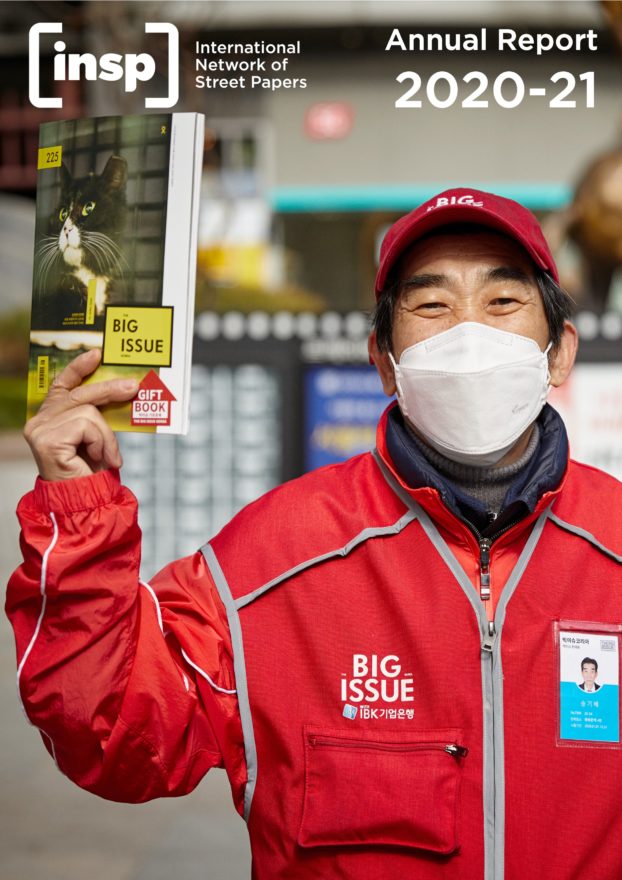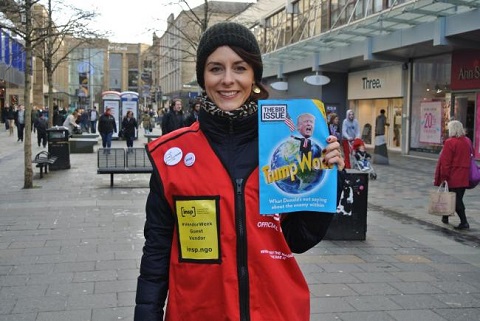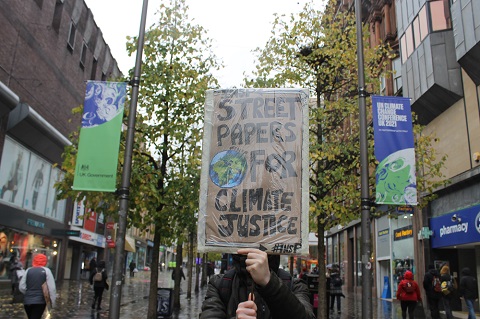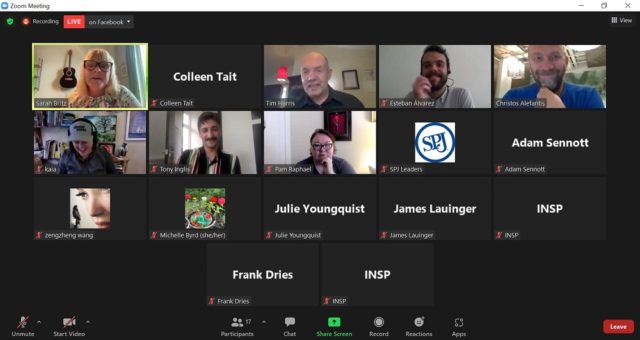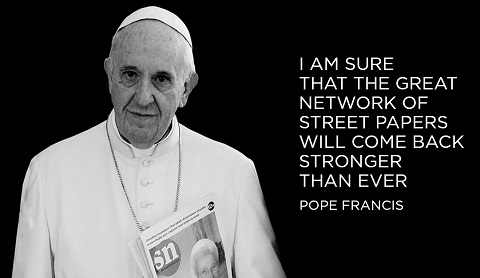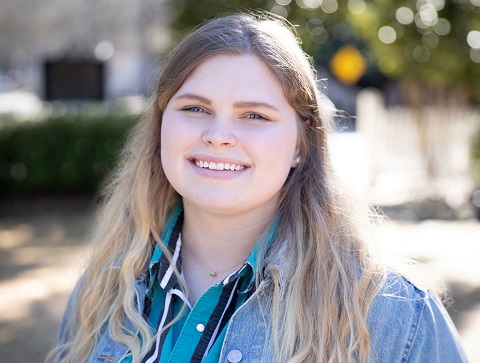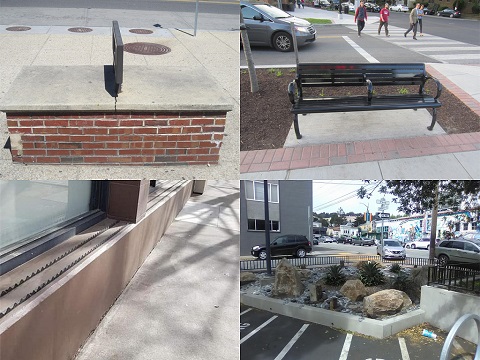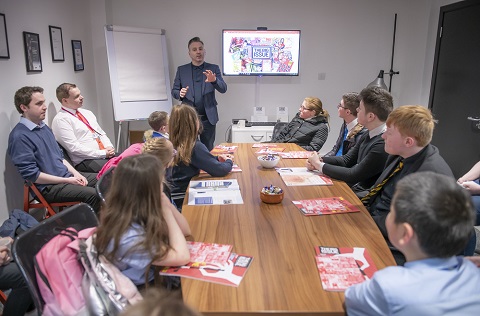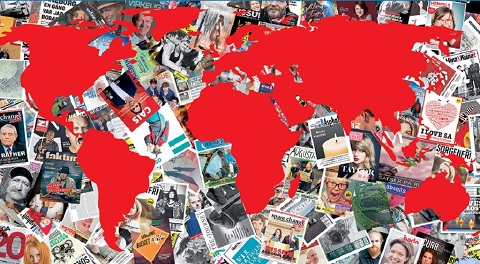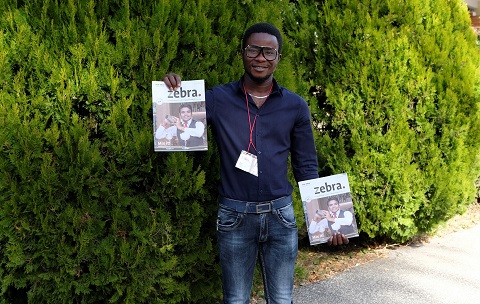By
It’s a Monday afternoon in Glasgow, and predictably the sky above the tennis court is overcast. The players seem not to notice the drizzle, and practice begins with a series of exercises. Assistant Coach John Mooney moves through the group as they bounce pink-and-yellow tennis balls, practicing their serves.
John’s is a less than traditional route into tennis coaching. A year ago he was in recovery for alcohol and substance abuse, but a place on the volunteering team for the Homeless World Cup in July 2016 opened up his horizons. His role as a greeter – welcoming guests and providing assistance – was a big step. Over a decade ago, John was the victim of a violent attack which resulted in a serious head injury, and a permanent learning disability.
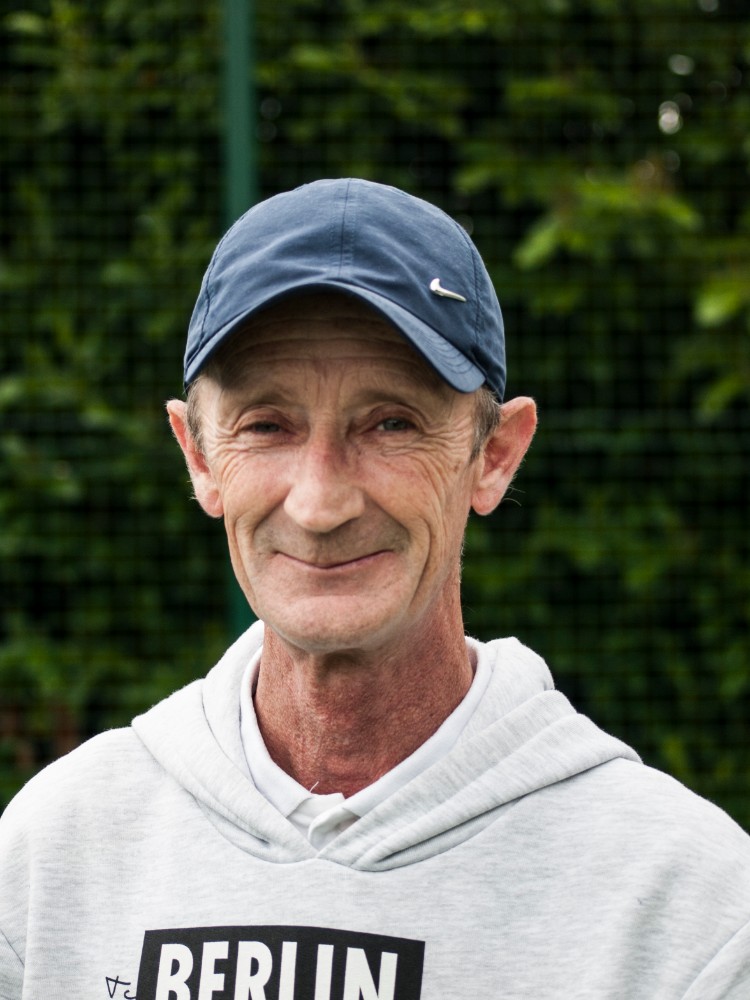
“I have problems with crowds,” he says. “I get a lot of fear and anxiety because of my injury. But when I explained to Hope and her team, they were so wonderful, and they really helped me. And I’ve really come on a long way.”
At the 2016 tournament, Glasgow played host to 65 football teams from 51 countries. As has been the case since the tournament was dreamed up at the INSP street paper summit in 2004, all the players either had experience of homelessness or addiction, or were street paper vendors or asylum seekers.
The Homeless World Cup advocates the end of homelessness through football, but the event in Glasgow took that goal a step further with its volunteer programme, which also recruited people who had experienced homelessness or substance abuse issues. The welcoming face of the tournament, volunteers did everything from greeting spectators, to selling programmes and merchandise, to carrying flags and presenting medals. “I ended up helping out on Pitch One: helping the teams, guiding the players onto the pitch, welcoming the visitors… I kind of took it over,” says John, laughing.
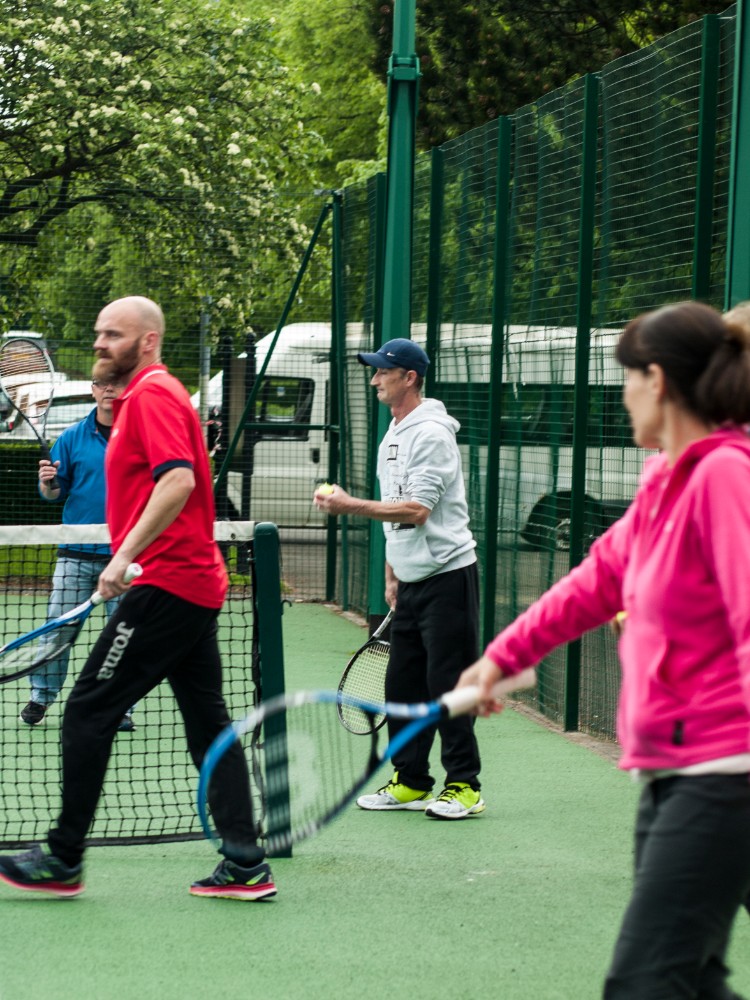
The experience for volunteers didn’t end with the final whistle, however. John is one of 96 volunteers who, in the wake of last year’s tournament, have been part of a legacy project by Glasgow Life, the charitable organisation that manages cultural and sporting events and facilities in the city.
Hope Gourlay, Sport Development Officer for the Homeless World Cup Legacy Project, says that from the moment Glasgow was announced as the host city they knew the focus of the volunteering programme should be combatting homelessness. With a grant from the Big Lottery Fund, Glasgow Life developed a £350,000 Legacy Project to support scores of people who had experienced homelessness.
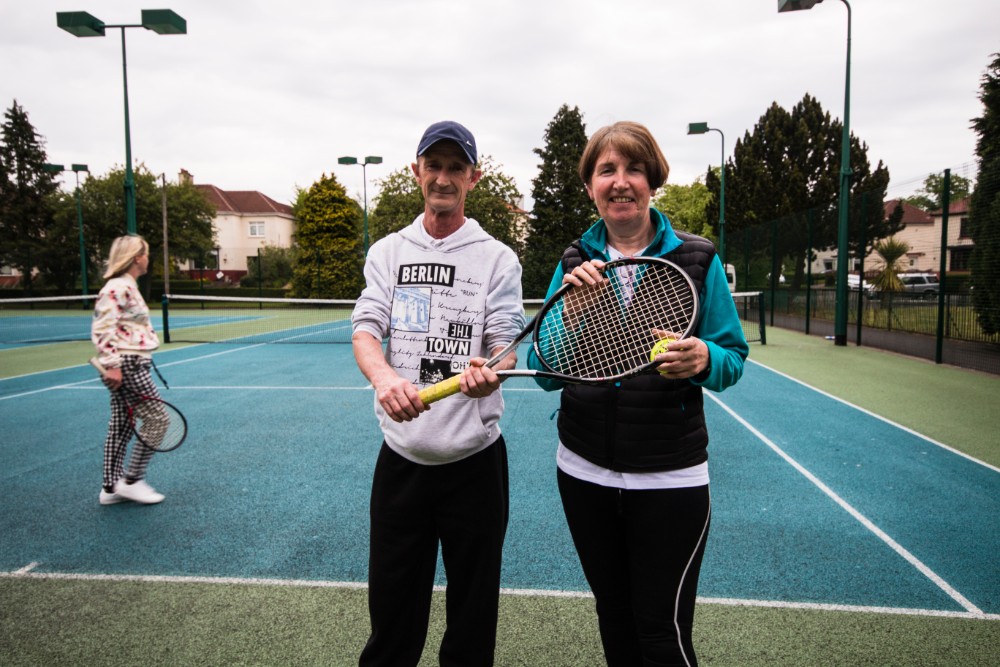
The programme aims to reduce the social isolation that accompanies homelessness by helping participants develop skills and confidence through a range of sport, cultural and learning activities. So after the tournament finished, all of the volunteers were granted access to a variety of activities and organised sessions, created to help them gain new skills, develop their confidence, and improve their social connections. Each volunteer also received a free gym membership through Glasgow Life, so they would feel comfortable and able to access mainstream activities within Glasgow.
The impact, for John at least, has been life-changing. “If it weren’t for the Homeless World Cup I probably wouldn’t leave the house,” he says. “It has completely turned my life around.”
John has made the most of the activities available to him, including a taster session at the Chris Hoy Velodrome and a ParkLives pop-up event, but it is tennis that has truly captured his interest. “I joined the Tennis Recovery steering committee because they needed extra people to go ahead,” John explains. “But now there’s no way I would walk away.”
Working with head coach Mairi Burns, John has completed the Tennis Activator training course, which aims to give participants the skills, knowledge and confidence to deliver tennis activities in their communities. Next, in August, he hopes to get his Level One coaching qualification from the Lawn Tennis Association.
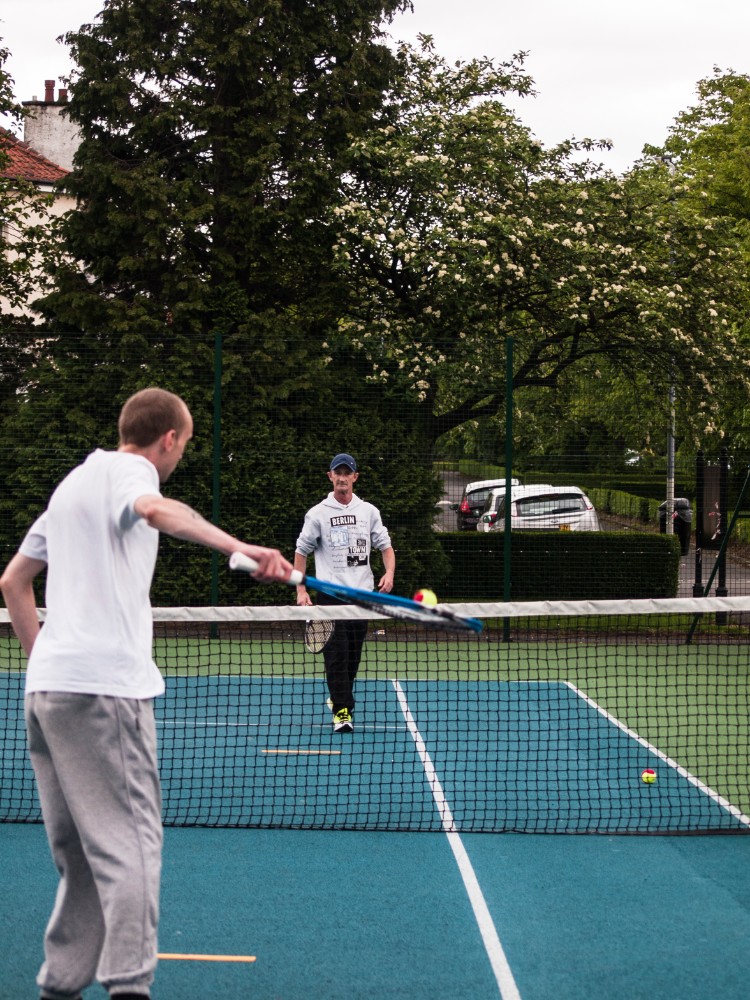
As Assistant Coach for Glasgow Life’s Tennis Recovery group, John is also giving back to his community. The programme runs training sessions aimed at adults recovering from mental health issues. The goal of the sessions is to improve fitness, and promote wellbeing through social interaction and fun. They play outdoors when the weather permits on public courts, and indoors when the Scottish rain and wind are too daunting. “Last week there were puddles all over the court, but they still wanted to practise,” says head coach Mairi. “That’s when I knew they were really into tennis.”
“It’s better when we can use the outside courts, because they’re free,” John adds. “We’re struggling with funds, but I’m not giving up.”
John says he wants to help other people get into tennis, regardless of their past or level of fitness. “This is what I want to do now,” he says. “When you’re in recovery, just getting out and doing things is a big help. It’s the truth – it works.”
John also volunteers at Social Bite, a social enterprise cafe in Glasgow city centre, and raises money for children’s charities with the Rangers Foundation – along with friends he met through the Homeless World Cup. “I meet them all the time,” he says. Though volunteering had never appealed to him before the tournament, now he says it is central to his life. “I can’t take on full time work because of my injury, but with volunteering I just do what I can, and I add to it over time,” he says. “I just like helping people out. It puts a smile on people’s faces.”
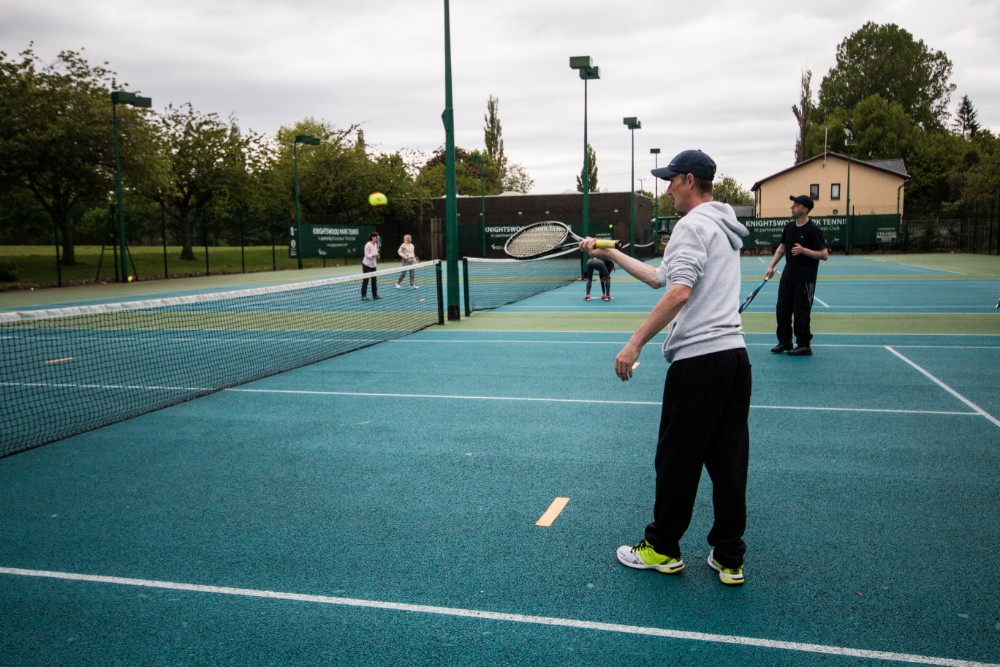
John believes that being part of events like the Homeless World Cup helps change the way society views people in recovery. “[Event organisers] sometimes think they can’t trust people with drugs and alcohol problems. But we did our job, and we were happy, so we made sure everyone was happy.
“There are so many people like me in Glasgow, who have problems with alcohol and addiction. And we just want people to treat us with a bit of decency and respect, and we’ll give it back tenfold.”
He hopes the programme will continue. “If it wasn’t for Hope and her team, there would have been nothing for [me],” he says. “When I’m doing the tennis, people don’t think I’m in recovery for drugs and alcohol, or that I’ve got a brain injury; they see me and treat me like a normal guy.”
Hope agrees that changing perceptions of homelessness, and the problems that come with it, is an important aim of the programme. “More people need to understand that anyone can be affected by homelessness at any time,” she says. “Barriers need to be broken down.”
Of the 96 volunteers who received a free gym membership through Glasgow Life, more than half are now frequent users. “One of our volunteers attended 125 times in the last six months, which is really amazing to see,” says Hope.
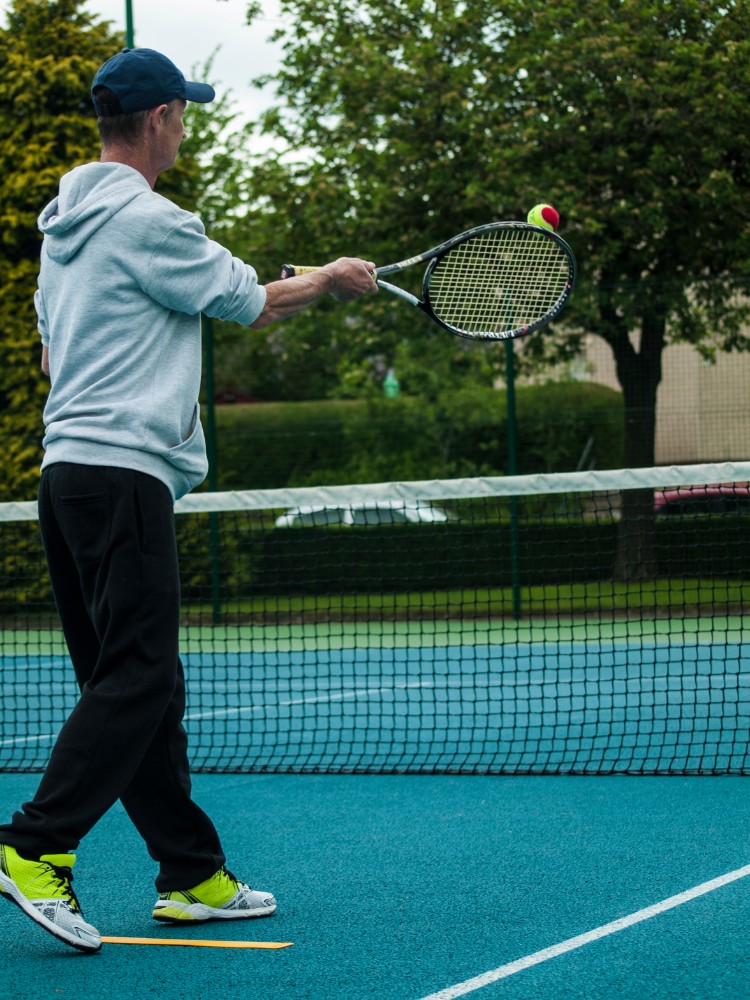
While most of the Legacy Project focuses on building skills and confidence through sport, there is another avenue for participants to express themselves: creative writing. Hope talks about one of the volunteers who said his past had been a massive burden for him. “The support he received from the project and through his lecturers and mentors on the programme helped him write out his life story,” she says. “The ability to share his life experiences through writing… gave him hope for the future.”
The volunteers’ writing has even been collated into a book, called Home Ground, which was launched at Glasgow’s prestigious Aye Write! book festival earlier this year. Glasgow Life partnered with various businesses including The Big Issue, Social Bite, Glasgow Homeless Network and the University of Glasgow to distribute the book across the city. It is still available online and at libraries throughout Glasgow, free of charge.
However they have interacted with the Legacy Project, Hope says that she’s been delighted to see the impact on volunteers’ lives. “Over the last 12 months I have seen our participants develop so many new skills, and grow in confidence,” she says. “I hope [they] continue to try new things, to access mainstream services and to feel welcomed across the city.”
As he collects stray tennis balls and tucks them into his pockets, John is proud of his journey. “I’ve got a spring in my step,” he says, and laughs. “If you’ve got a team behind you, you can get through a lot.”
Home Ground is available as a free ebook here (for mobiles) or via Amazon (Kindle compatible).




